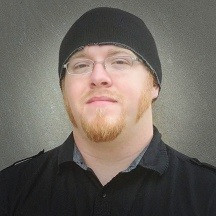I’ve been in the IT space for two decades in some form or another, and firmly in infosec for the latter half. I’ve worked support, and I’ve managed that same support team. I’ve automated, I’ve documented, I’ve coded, broken, fixed, and reported. I’ve hacked, a lot. I’ve mentored, and been mentored in turn.
I am looking to move into a more defined leadership role. My greatest achievements have not been any individual pentest report or automation script, but rather the cross-departmental relationships I have built, the workflows I have designed, and the training and guidance I have provided to teams and individuals.
If you want to know more, you can check out either of these:
